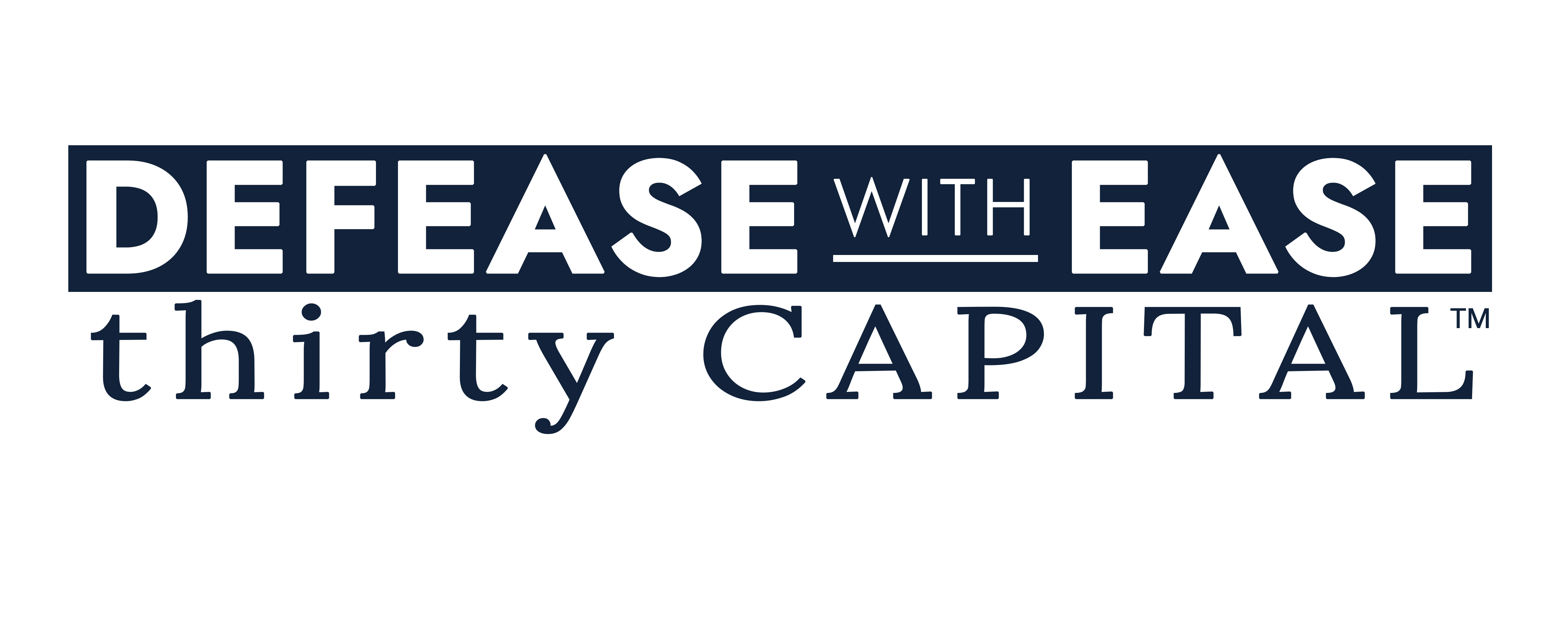For decades, commercial real estate (CRE) has been shaped by cycles driven by capital, technology, and talent. But every so often, the industry encounters a shift so fundamental that it doesn’t just alter the pace of business; it redefines who leads it.
Artificial intelligence (AI) is one of those shifts.
There’s a growing misconception that AI will replace people in CRE. That’s not the story. The real divide forming right now isn’t between humans and machines. It’s between professionals who understand how to use AI to their advantage, and those who don’t.
In the same way that Excel didn’t replace analysts but made the best ones indispensable, AI will elevate the professionals who know how to leverage it and quietly leave behind those who don’t adapt.
The Real Transformation: From Data Collection to Decision Velocity
CRE has never lacked data. It lacked speed, structure, and clarity. Every portfolio manager, lender, or asset manager knows the frustration of juggling spreadsheets, financial models, and loan documents just to answer a basic question: Where do we stand?
The old way of working demanded time (and often, too much of it). Analysts spent weeks consolidating data. Executives made decisions on incomplete information. By the time reports were compiled, markets and asset performance had already moved.
AI changes that dynamic completely. Tools like Lobby AI — built specifically for CRE finance and asset management — compress that cycle from weeks to seconds. The power isn’t just automation; it’s acceleration.
Imagine asking, “Where is our portfolio most vulnerable to interest rate fluctuations over the next 18 months?” and getting an answer instantly complete with context, calculations, and action steps.
That’s not a replacement for expertise. It’s a multiplier of it.
The best CRE professionals of the next decade won’t be defined by how fast they can build a model but by how effectively they can interpret, challenge, and act on what the model reveals.
Additional Article: AI in Action: 5 Real-World Use Cases for CRE Teams
AI Doesn’t Replace Judgment
AI can’t walk a property, assess a sponsor’s character, or sense when a deal structure feels off. Those instincts, honed through years of experience, still matter. But what AI can do is give you the complete picture before you walk in the door.
It can flag hidden risks, missing data, or trend reversals you might not have seen buried in a 300-row spreadsheet. It can summarize a loan file, benchmark property performance, and generate scenario models faster than any human team.
That means your judgment starts from a position of clarity, not assumption.
When used correctly, AI elevates decision-making from reactive to proactive. It allows you to spend less time finding information and more time using it to lead conversations with lenders, investors, and operators.
In practice, this might mean:
- Preparing for a property visit with a tailored list of questions about vacancies, delinquency, or net operating income (NOI) variance generated directly from portfolio data.
- Sitting in an investment committee meeting with real-time sensitivity analysis at your fingertips.
- Walking into a refinance negotiation already knowing which debt structure delivers the best blend of flexibility and cost of capital.
That’s not replacing people. That’s empowering them to perform at a higher level.
The New Skill Set for CRE Professionals
The rise of AI is creating a new skill set for the next generation of CRE professionals that blends analytical thinking, financial acumen, and data fluency. In the past, analysts were valued for their modeling accuracy and Excel mastery. In the future, they’ll be valued for how they leverage AI to interpret complexity.
Instead of memorizing formulas, they’ll learn how to prompt AI tools with precision, asking smarter, more targeted questions that unlock strategic insights.
Instead of reformatting reports, they’ll focus on translating AI outputs into investor-ready narratives.
Instead of managing data manually, they’ll manage decisions, guiding leadership teams on where to act next.
This shift mirrors what we saw in other industries. Accountants didn’t disappear when QuickBooks arrived. Designers didn’t vanish when Photoshop was released. The professionals who adapted became faster, more efficient, and more valuable. CRE is entering that same phase now.
The Risk of Falling Behind
There’s a dangerous misconception among some executives that they can “wait and see” before adopting AI. But in CRE, waiting comes at a cost.
The firms that are already using CRE-specific AI platforms are learning faster, executing faster, reducing operational drag, and identifying opportunities before competitors do.
Consider this scenario:
Two asset managers look at the same multifamily portfolio.
- One spends two weeks pulling rent rolls, reconciling loan balances, and manually building a debt service coverage ratio (DSCR) model.
- The other uses AI to generate the same analysis in under a minute with submarket benchmarks and refinance scenarios included.
By the time the first manager finishes their report, the second has already briefed leadership, refined the capital strategy, and initiated lender outreach.
Multiply that time delta across dozens of assets, and you’re looking at a fundamental competitive advantage — not in technology itself, but in decision velocity.
That’s what’s really at stake: the ability to move faster and smarter in a market where capital costs, valuations, and opportunities can change week by week.
Why CRE Needs Vertical AI, Not General AI
There’s also a growing awareness that not all AI is created equal. Tools like ChatGPT are powerful, but they were not built for the precision, compliance, or complexity of real estate finance. Upload a loan document or a rent roll into a generic AI platform, and you risk both data security and analytical accuracy.
CRE requires models trained on industry-specific data sets and structured around real financial logic. That’s why vertical solutions like Lobby AI are emerging as the future of intelligence in commercial real estate. They bridge the gap between human expertise and machine learning, providing the accuracy and context that generic AI simply can’t.
From AI Curiosity to AI Literacy
Right now, most of the industry sits at the “AI curiosity” stage. Professionals are experimenting with prompts, testing outputs, and trying to understand what’s possible. But the real opportunity lies in achieving AI literacy: knowing when, where, and how to apply AI strategically.
In other words, learning to ask:
- Can AI help me see something I’m missing?
- Can it shorten the time between analysis and action?
- Can it help me communicate insights more clearly to investors or lenders?
Those who develop that literacy will thrive. They’ll lead firms that are more agile, more data-driven, and more resilient to market shocks. Those who don’t will find themselves at a disadvantage, not because AI replaced them but because it replaced the old processes they relied on.
The irony of AI’s rise in CRE is that it’s making human judgment more valuable, not less. As machines take over repetitive data work, professionals have more time for what can’t be automated: strategy, relationship-building, negotiation, and creative problem-solving.
The winners in this next era will be the ones who combine deep domain expertise with technological fluency. AI isn’t a threat to CRE professionals who think critically. It’s an amplifier for those who do.
Conclusion: The Divide Is Already Forming
Every major industry shift begins the same way with curiosity, skepticism, and then adoption. In CRE, we’re already seeing that curve take shape. Some firms are treating AI as an experiment. Others are making it a competitive weapon. The gap between them is widening with each passing quarter.
The future of CRE won’t be humans versus machines. It will be humans who know how to use AI versus those who don’t, and the difference between the two will define who leads the next generation of the industry.
Discover what’s possible with Lobby AI. Book your 20-minute demo and how instant portfolio insights can transform your team’s output and effectiveness. Select your preferred day and time.
 Lobby AI — the ChatGPT for CRE — is here. Instantly turn your data into decisions and accelerate insights from weeks to seconds.
Lobby AI — the ChatGPT for CRE — is here. Instantly turn your data into decisions and accelerate insights from weeks to seconds. 



